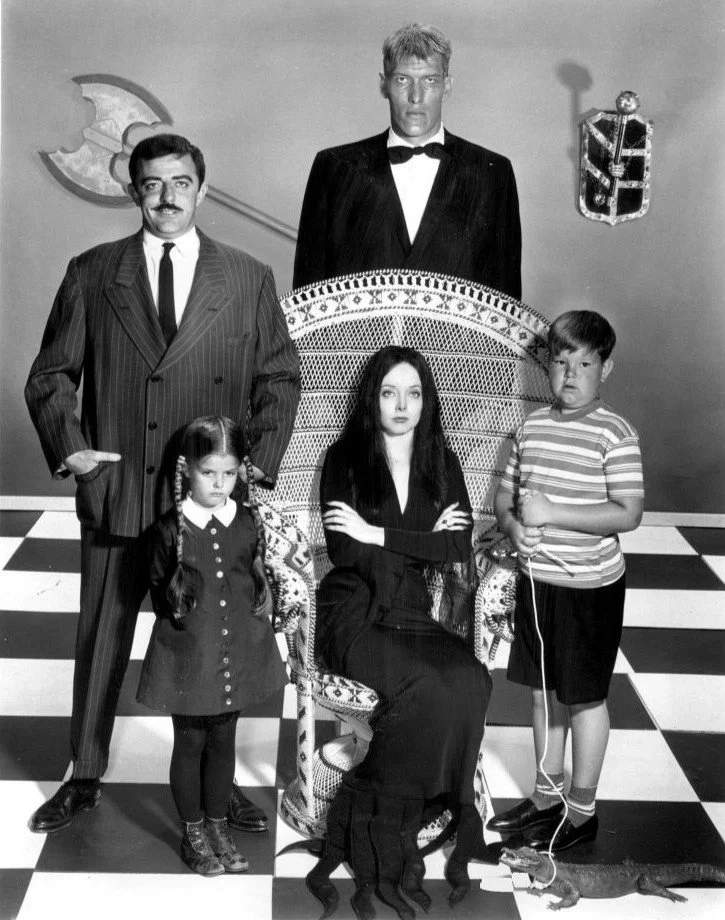FOBI: Fear of Being Included (Thank You, Wednesday Addams)
David and I were watching Netflix’s Wednesday this week when the lead character explained that her fear isn't FOMO but FOBI—Fear of Being Included. I laughed out loud. Wow, someone put words to what HSP’s feel so much of the time!
I’m sure I’m late to this phrase, but I’ve got it now. As an HSP, this vocabulary addition helps me feel both seen and empowered. Seen because my perspective, while different, is acknowledged as equally valid. Empowered because I'm clearly not alone in this experience.
ABC Television, Public domain, via Wikimedia Commons
Why Language Matters
Having the right words can change everything. Managing our internal dialogue relies on language, as does explaining ourselves to others. FOBI gives me a concise, lighthearted shorthand to describe something complex without the need to launch into a lengthy explanation or apologetic justification.
It's not just about risking judgment with a simple "no thank you,” as I’ve done in the past. [Or worse yet, create the white lie about an imaginary conflict that is keeping you from participating.] It’s about that deeper ache of being reminded of how different we feel, and for many HSP’s a deeply embedded belief that we were the only one who felt this way. Not just different, but “less than.”
You know the responses: "You always say no." "You never want to just hang out." "What's wrong this time?" "I know you won't come, but I figured I'd ask anyway."*
What FOBI affirms is both simple and revolutionary: it's perfectly okay to prefer not being included as others [many others it seems] apparently feel similarly. And it's okay to feel that a polite and genuine “no" can be enough.
The Boundary Challenge
People-pleasing runs deep with many of us HSPs. The intensity with which we feel everything already leaves us with thin boundaries between our inner and outer worlds. Add difficulty separating others' emotions from our own, and we can end up in an almost constant state of feeling overwhelmed.
For me, it's often easier to avoid the emotional exhaustion by simply not participating in group events.
What Works For Me
I don't buy into exposure therapy for this—intentionally and repeatedly subjecting myself to intensely uncomfortable social situations hoping that will build tolerance. This approach feels like self-improvement speak for "just do it.” And while I have occasionally simply not replied to an invite at all, that is a problem too - my integrity takes a hit.
What does work is creating structure that helps me feel more in control:
Time boundaries: Committing to attend for a specific timeframe (often one hour for me works well). This gives me an exit strategy and helps others understand my limits upfront.
Go together: Going with someone who understands my HSP wiring and can support me if I get overwhelmed.
Counter-offers: Letting hosts know I appreciate being included but struggle in large groups, then suggesting we connect one-on-one instead.
These strategies help me honor my HSP nature while still showing up for the people who matter to me.
The Bottom Line
Jenna Ortega’s Wednesday may have intended her FOBI comment to reflect her antisocial and self-absorbed tendency. What I heard in her reply was a recognition that some of us are wired differently—and that's not a problem that needs fixing.
Sometimes the kindest thing we can do for ourselves and others is to acknowledge our limits honestly, rather than forcing ourselves into situations that leave everyone feeling drained.
-Derek

